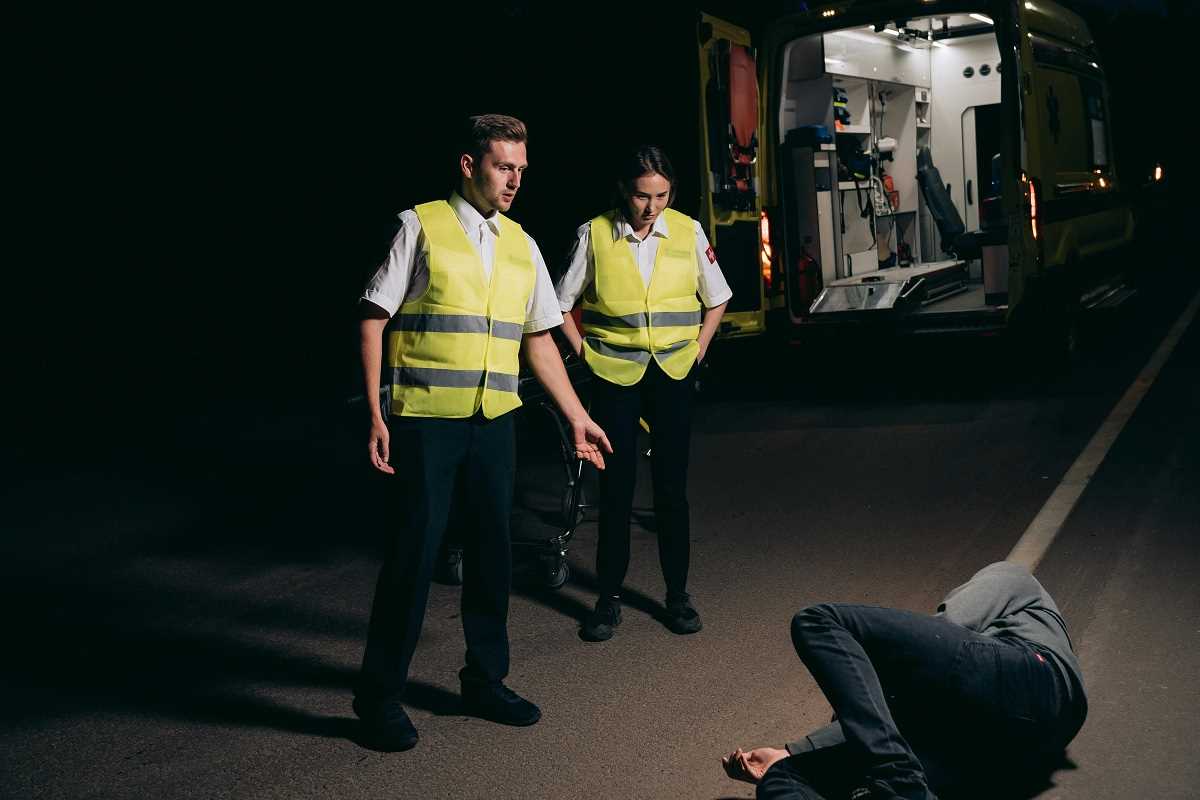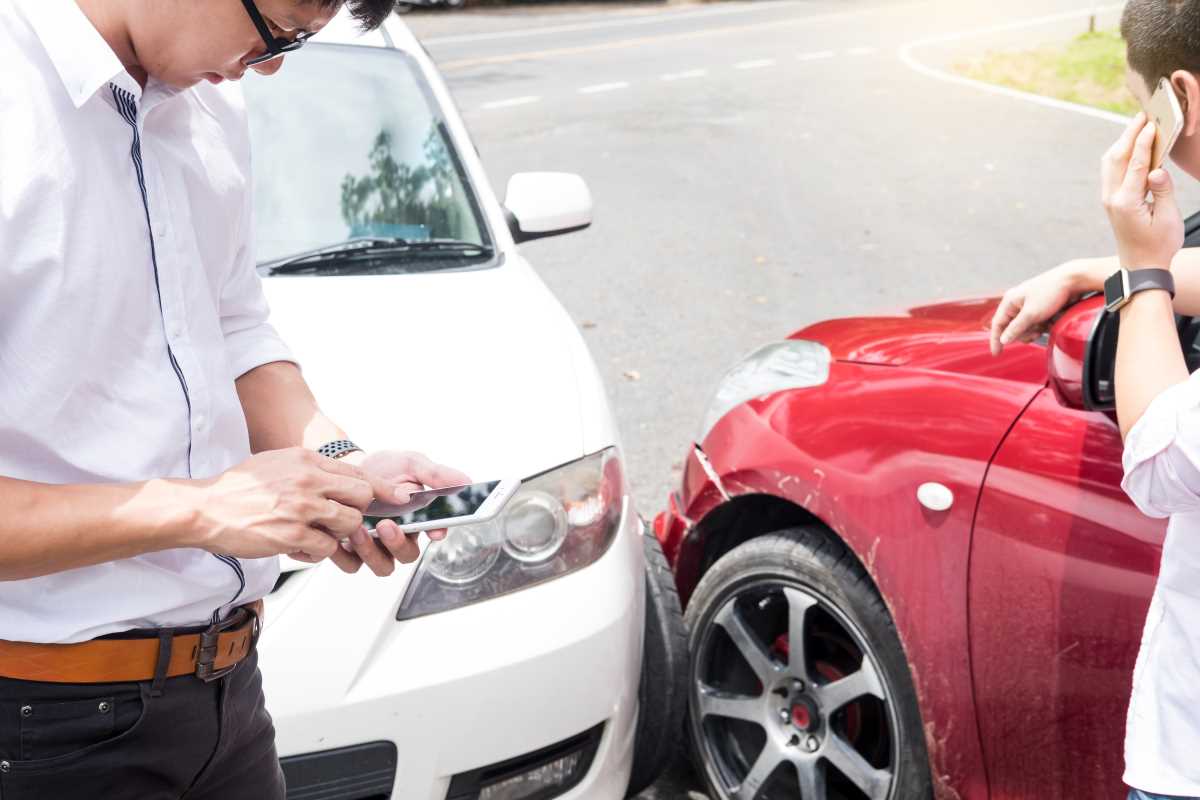Personal Injury Protection, or PIP, can feel like an added expense on your car insurance policy you’re unsure you need. However, PIP offers broad benefits that can provide peace of mind in the event of an accident. This guide answers common questions about PIP to help you determine if it’s a must-have for your situation.
What Does PIP Cover?
PIP is sometimes called “no-fault insurance” for a reason. It covers medical and related expenses regardless of who caused the accident.
- Key Coverages Provided by PIP:
- Medical Bills: Doctor visits, hospital stays, surgeries, and other necessary treatments associated with injuries from a car accident.
- Lost Wages: If injuries prevent you from working, PIP can help cover your lost income.
- Essential Services: Reimbursement for services you can’t perform yourself while injured, such as childcare or housekeeping.
- Funeral Expenses: Provides financial assistance for burial costs if an accident results in a fatality.
- Passenger Coverage: PIP doesn’t just protect the driver. Passengers in your car at the time of the accident may also be covered.
Practical Example: Suppose you’re in an accident that totals your car, and you need physical therapy. If you also miss work for two weeks, PIP can reimburse your medical bills and cover your lost income. Some states allow pedestrians or cyclists injured by your vehicle to qualify for PIP benefits.
Is PIP Required by Law?
Whether PIP is mandatory depends on where you live.
- States That Require PIP:
- PIP is often required in no-fault states, where your insurance covers your medical expenses no matter who caused the accident. Examples include Florida, New Jersey, and New York. Minimum PIP coverage requirements vary but typically start at $10,000.
- Optional in At-Fault States:
- In states with traditional fault-based systems, PIP is not mandatory but may be offered as an optional add-on to your policy.
Reminder: If you live in a no-fault state, you’ll need PIP to comply with state laws, even if you already have health insurance. Check your state’s insurance requirements or speak with an insurance representative to confirm your PIP obligations.
Who Benefits Most From PIP?
While anyone could benefit from PIP, it’s especially valuable in certain scenarios:
- People With High Deductible Health Insurance: If your health insurance has high deductibles or minimal coverage for physical therapy, PIP can bridge that gap and help you avoid large out-of-pocket expenses.
- Frequent Drivers: If you’re on the road often, whether for work or personal reasons, your exposure to accidents increases. PIP gives you additional protection for medical and financial hardships.
- Families: PIP extends coverage to passengers, making it a good choice for families or those who regularly drive with others in the car.
- Self-Employed or Hourly Workers: People without access to employer-paid sick leave can benefit from PIP’s lost-wage protection after an accident.
Practical Example: If you’re self-employed and require three weeks of recovery after a crash, PIP ensures you still have income during that downtime.
Reminder: Even if you’re a low-mileage driver, consider the extra security PIP provides in case the unexpected happens.
How Does PIP Differ From Health Insurance?
While PIP and health insurance both help cover medical expenses, they serve different purposes.
- How They’re Similar:
- Both cover hospital visits, surgeries, and follow-up treatments after a car accident.
- How They’re Different:
- PIP kicks in specifically for expenses related to car accidents, while health insurance covers a broader range of medical issues.
- PIP often includes additional benefits such as reimbursement for lost wages or essential services that health insurance doesn’t typically cover.
- With PIP, you don’t have to worry about co-pays or coverage limits for accident-related treatments, unlike with traditional health plans.
PIP can act as a supplement to health insurance, handling costs and services that your standard coverage might leave out. If you’re hospitalized after an accident, PIP can cover your deductible, while health insurance pays for the rest of the medical costs.
Does PIP Cover Passengers and Pedestrians?
Yes, in many cases, PIP extends protection beyond the policyholder.
- For Passengers:
- If you’re in an accident, PIP covers passengers in your vehicle for medical expenses, similar to how it protects you.
- For Pedestrians:
- Some states include pedestrians or cyclists injured in accidents with your car under your PIP coverage.
Be sure to discuss with your insurer whether passengers and pedestrians are covered under your specific policy. PIP ensures your vehicle’s “occupants,” which means anyone you might have in your car during an accident, can rely on the coverage as well.
What Are the Alternatives to PIP?
Some drivers may have additional options depending on their financial situation or existing policies.
- Medical Payments Coverage (MedPay): MedPay is a simpler version of PIP offered in many at-fault states. It covers medical expenses but not lost wages or other services. MedPay is often less expensive but offers fewer benefits.
- Relying Solely on Health Insurance: If you have strong health insurance and don’t need coverage for lost wages or essential services, you may choose to skip optional PIP coverage in states where it’s not required. However, this approach can leave gaps, especially if your health insurance has high deductibles.
Pro Tip: Compare the cost and benefits of PIP and MedPay in your state to determine which works best for your needs.
Reminder: Evaluate whether other coverage options, like disability insurance, could serve as a substitute for PIP’s lost-income benefits.
How Much Does PIP Cost?
The cost of PIP can vary widely based on your state, coverage level, and insurer.
- Average Cost:
- PIP typically costs between $50 and $200 annually, depending on the amount of coverage you select.
- What Affects the Price:
- Your car’s value.
- Your driving history.
- How much coverage you choose (higher coverage limits mean higher premiums).
Money-Saving Tip: Bundle PIP with other insurance policies or raise deductibles on other parts of your car insurance to balance costs. Before declining optional PIP coverage, weigh the small cost against the potential for thousands in uncovered expenses after an accident.
 (Image via
(Image via





